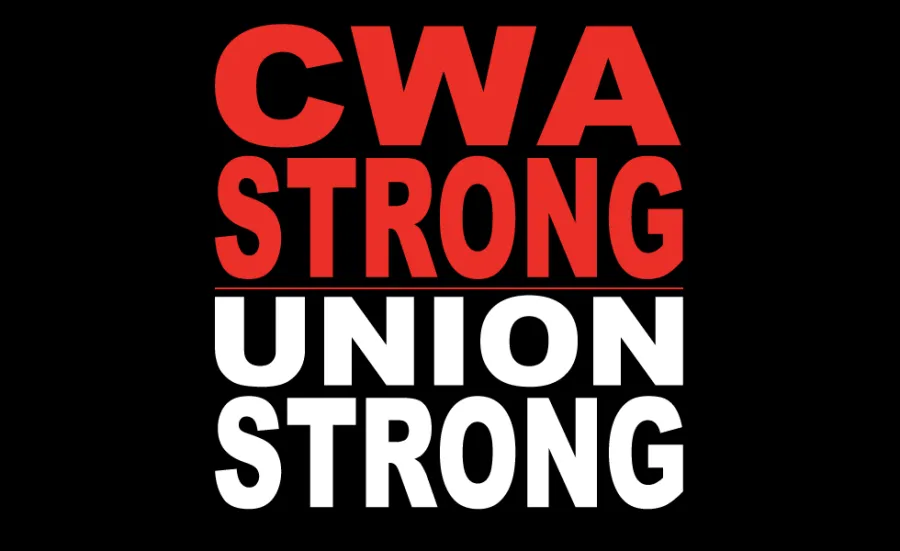Weingarten Rights

Dear CWA Member:
We wanted to share a little information with you about Weingarten Rights. They are rules that apply during investigatory interviews. An investigatory interview occurs when: (1) management questions an employee to obtain information; and (2) the employee has a reasonable belief that discipline or other adverse consequences may result from what he or she says. Investigatory interviews relate to such subjects as:
|
|
Under the Supreme Court's Weingarten decision, when an investigatory interview occurs, these rules apply:
- The employee may request union representation before or during the interview.
- After the request, the employer must choose from among three options:
1. Grant the request and delay the questioning until the union representative arrives.
2. Deny the request and end the interview immediately.
3. Give the employee a choice of (a) having the interview without representation (usually a mistake) or (b) ending the interview.
- If the employer denies the request for union representation, and questions the employee, it commits an unfair labor practice and the employee may refuse to answer.
Having a steward present can help in many ways. The steward can:
- Serve as a witness to prevent supervisors from giving a false account of the conversation.
- Object to intimidating tactics or confusing questions.
- Advise (when appropriate) an employee against blindly denying everything thereby giving the appearance of dishonesty and guilt.
- Help an employee to avoid making fatal admissions.
- Warn an employee of losing his or her temper.
- Raise extenuating factors.
So please use your Weingarten Rights if called to a meeting with management, read the following to management before the meeting starts:
"If this discussion could in any way lead to my being disciplined or terminated, or affect my personal working conditions, I respectfully request that my union representative, officer, or steward be present at this meeting. Without representation present, I choose not to participate in this discussion."
The Back Story
J. Weingarten, Inc. operated a large chain of convenient stores, several of which allowed customers to purchase packaged meals. In June 1972, Ms. Leura Collins, a lunch-counter clerk at Store No. 98 in Houston, Texas, was called into the manager's office and interrogated by her manager and a loss prevention investigator employed by the store. Unknown to Ms. Collins, this investigator had been observing her for the past two days on the basis of a report that she was stealing from the register. Although this particular investigation uncovered no evidence of wrongdoing on Ms. Collins' part, another manager learned (from a coworker) that she "had purchased a [$2.98] box of chicken ... but had placed only $1.00 in the cash register."
During the interview, Ms. Collins, a member of Retail Clerks Local Union No. 455, requested several times that her steward or another union representative be present. When questioned about the chicken, Ms. Collins replied that she only took a dollar's worth, but was forced to use a large-size box since the small ones were not available. The investigator went to confirm this; upon his return he "told Collins that her explanation had checked out [and] that he was sorry if he had inconvenienced her, and that the matter was closed."
It was at this point that Ms. Collins finally broke down, exclaiming that the only thing the company ever gave her was a free lunch. Hearing this, the manager and the investigator were surprised, since Store No. 98 had no such policy. Once again Ms. Collins was interrogated, once again she requested representation and once again it was denied. The investigator then asked her to sign a statement that claimed she owed the company $160 for those "free" lunches. She refused. In Store No.2, where she had previously worked [1961-1970], free lunches were policy. It was later learned that other J. Weingarten employees, including the manager, took "free" lunches, since the company had no official policy that forbade it, a fact confirmed to the investigator who then ended the interview.
Upon leaving, Ms. Collins was asked by the manager "not to discuss the matter with anyone because he considered it a private matter between her and the company [and] of no concern to others." However, Ms. Collins reported this incident to her union and an unfair labor charge was filed.
